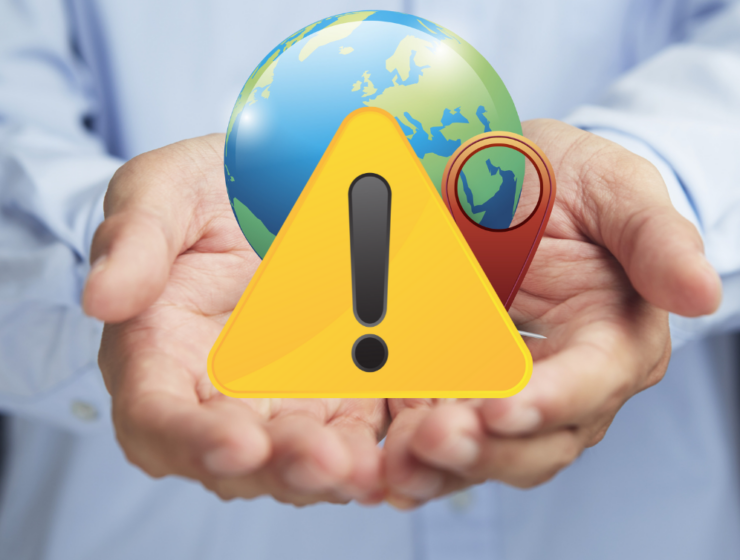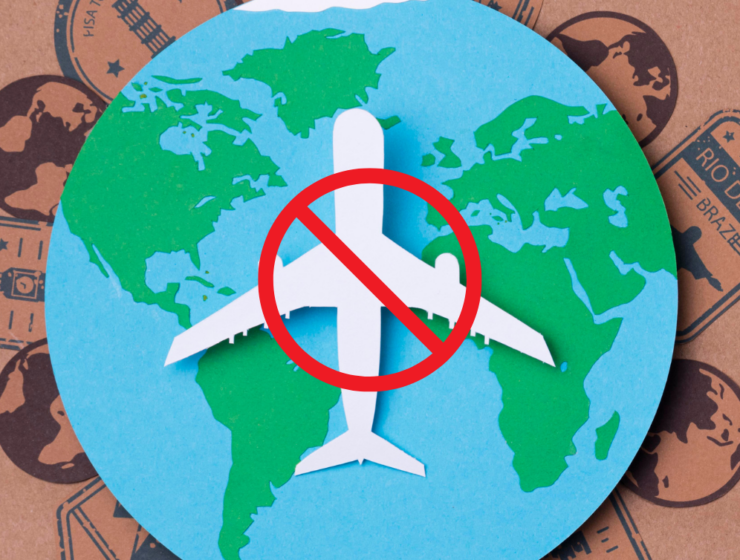Illegal tourism represents one of the main challenges for regular operators, who find themselves competing in an increasingly distorted market. Illegal activities, operating without respecting current regulations, are able to offer lower prices, attracting unaware tourists but at the same time creating unfair competition that undermines the entire sector.
Legitimate operators must face significant costs to obtain licenses, guarantee quality standards and comply with tax and safety regulations. On the other hand, those who operate illegally do not bear these costs, managing to offer more competitive rates. This imbalance not only penalizes those who work honestly, but also creates a vicious circle that weakens trust in the tourism system.
The consequences of unfair competition also affect the quality of the tourism offer. Illegal services often do not guarantee adequate standards, damaging the visitor experience and the reputation of destinations. Furthermore, workers employed in illegal activities are often without protection, contributing to a system that exploits labor and fuels precarious situations.
To combat this phenomenon, it is essential to intensify controls and sanctions against illegal activities, but also to promote awareness among tourists. Choosing regular services is not only an act of responsibility, but an investment to ensure quality and sustainable tourism in the long term.
Trade associations can play a crucial role, offering support to regular operators and raising public awareness. Only through collective commitment will it be possible to combat unfair competition and build a fairer and more transparent tourism system.






